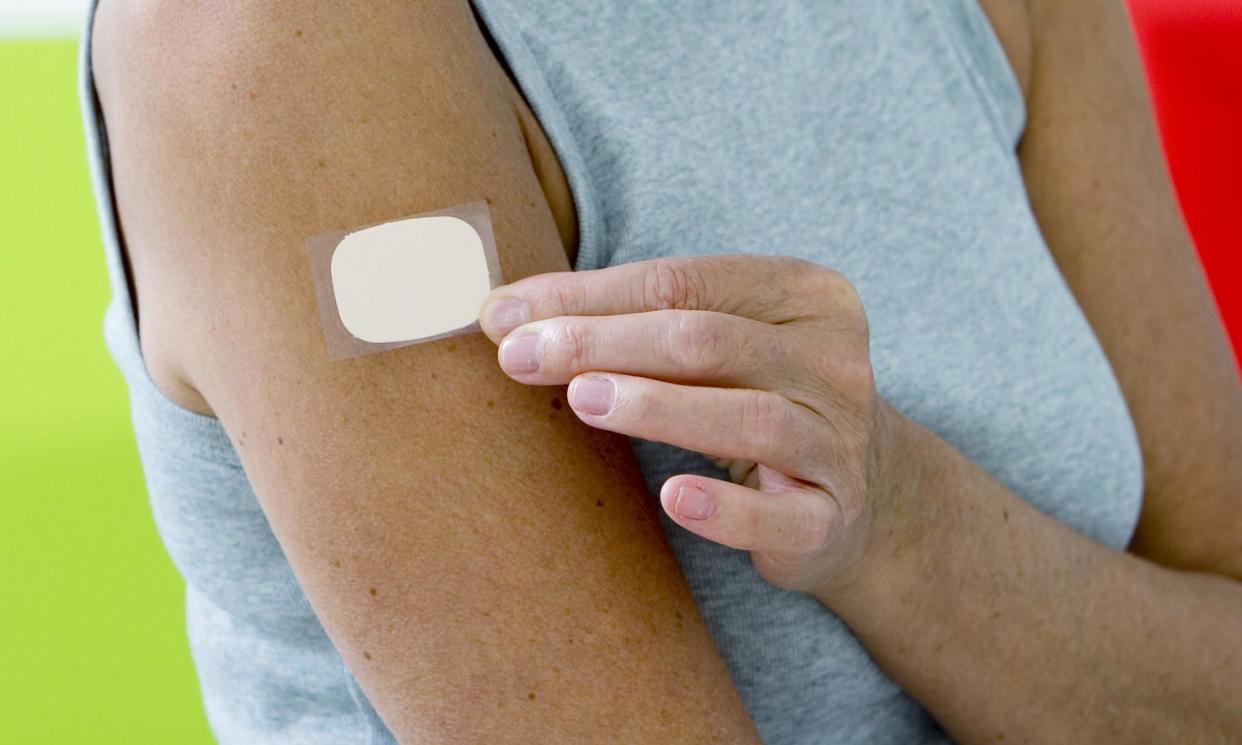Most menopause hormone therapy patches unavailable in Australia for several weeks

Australia’s drugs regulator has warned that most menopause hormone therapy patches, used to treat menopause symptoms, will not be available until the middle of the year.
The patches contain the hormone estradiol, levels of which drop in the body during menopause causing symptoms in some women such as hot flushes, joint pain and itchy skin. Estimates report that about 13% of menopausal Australian women in their fifties and sixties use menopausal hormone therapy.
On Monday, the Therapeutic Goods Administration (TGA) said a shortage of the patches is due to manufacturing issues and is affecting multiple brands.
“We understand the importance of a reliable supply of these medicines for the patients who use them, and we appreciate the concern and frustration these shortages have caused,” the statement said.
Prof Ada Cheung, an endocrinologist and researcher with the University of Sydney said stopping menopausal hormone therapy suddenly can lead to hot flushes, fatigue and menopausal symptoms. Bone density loss may also occur, she said.
“The shortage is affecting almost all women on menopausal hormone therapy because the majority use patches,” she said.
Cheung said the shortage is also affecting younger women experiencing early menopause resulting from chemotherapy or certain diseases, and transgender women and non-binary people who use the patches for gender-affirming therapy.
Related: Talking therapies could help women through menopause, study finds
Only one of the nine patches is now in supply, with supply expected to return to normal for most other strengths and brands in June and July.
While the TGA has authorised access to overseas-registered versions of some of the patches, which pharmacists can order for patients with existing prescriptions, these are not subsidised by the government under the Pharmaceutical Benefits Scheme and may be more expensive.
Cheung said women affected should talk to their doctor about alternatives, which include gels and tablets. However these may not be well absorbed by some and may carry risks for women with certain underlying health conditions.


